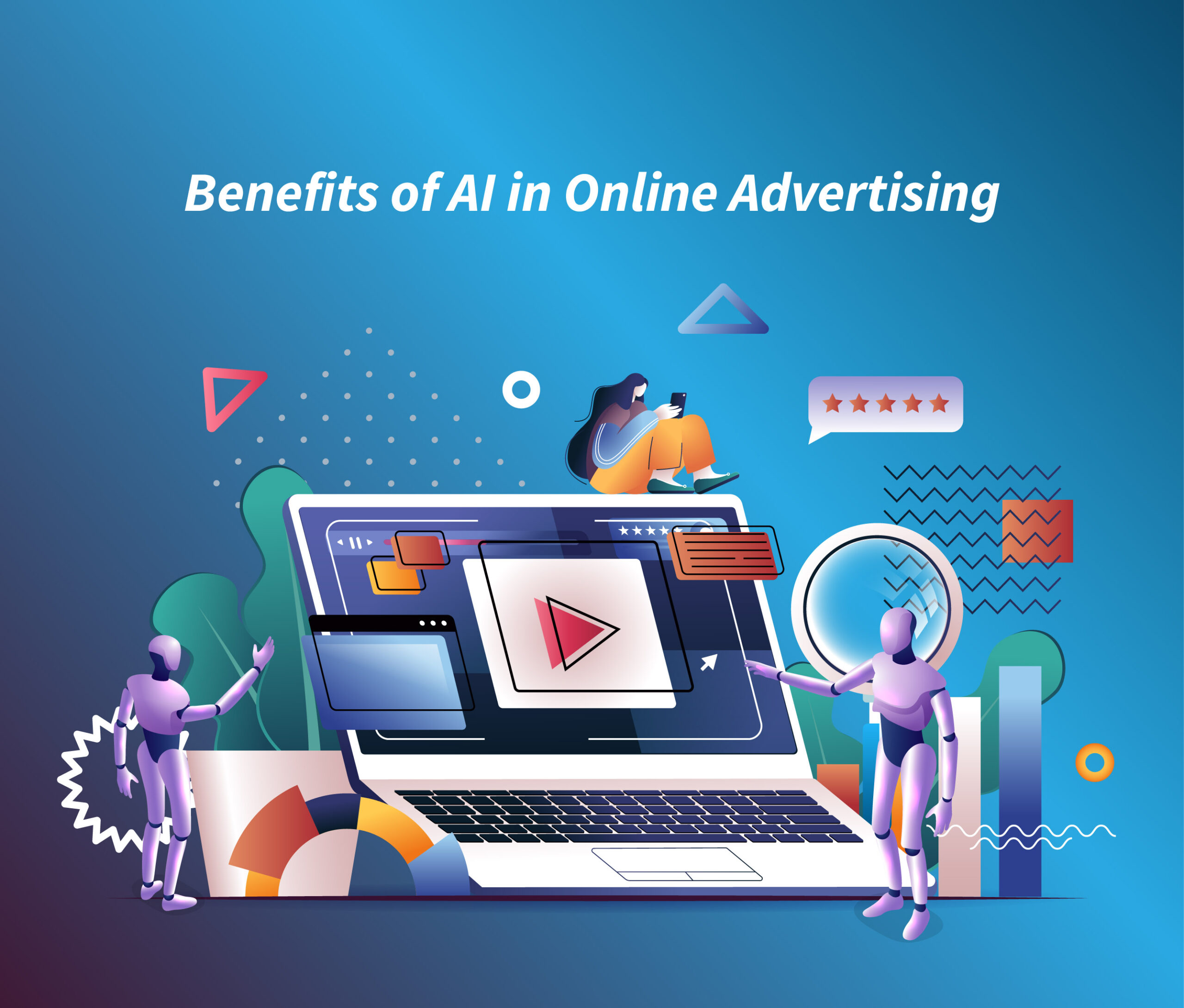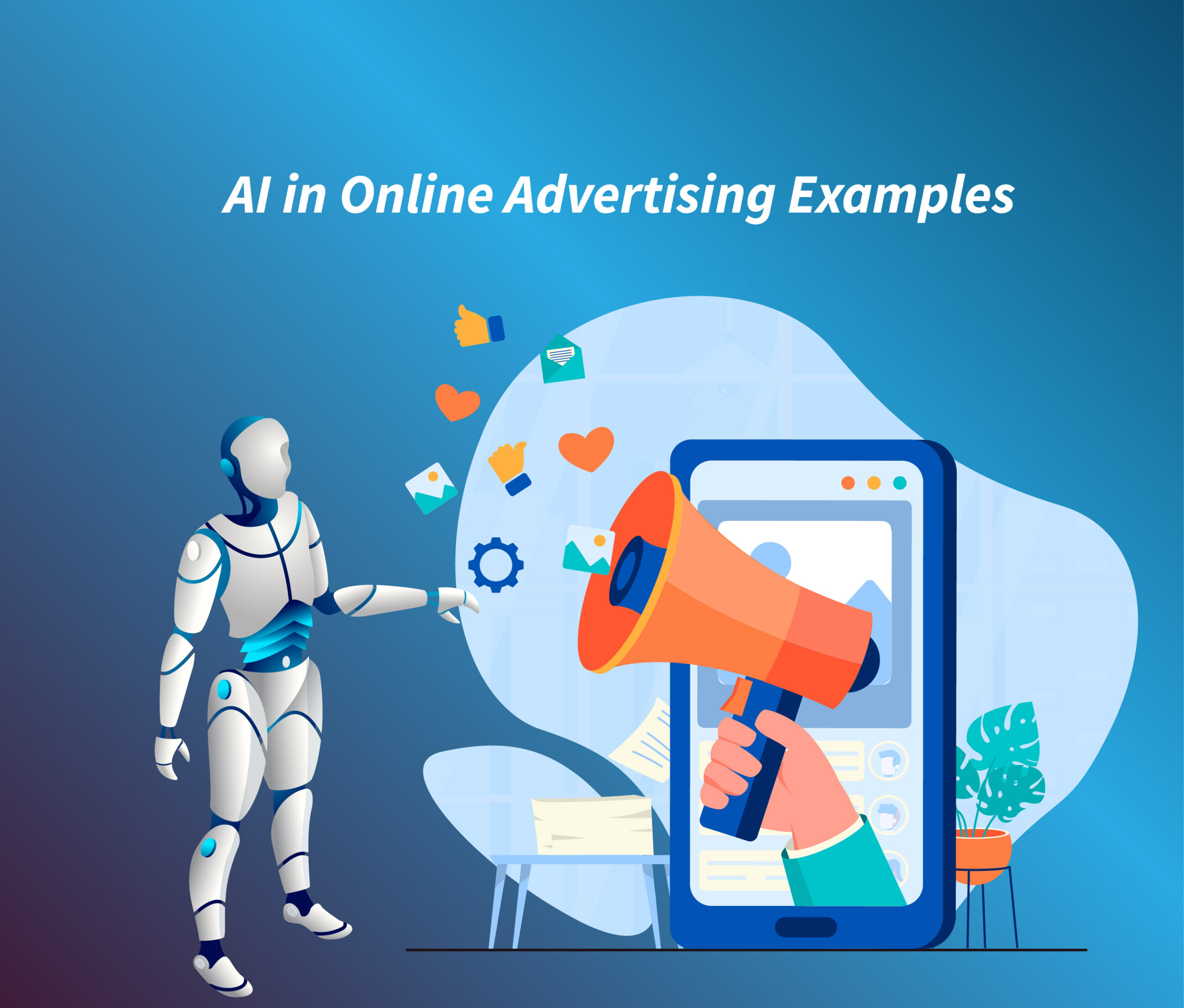You’ve probably heard it a zillion times: AI is shaking up how brands do their marketing. And guess what? It’s not slowing down! Now, the big question is, should your brand jump on the AI train for the next ad campaign? Let’s break it down for you – here’s the lowdown on AI in online advertising, with some popular examples thrown in.
Let’s get started!
What is AI in Online Advertising?
AI in online advertising harnesses the synergistic power of human intellect, cutting-edge machine-learning algorithms, and extensive data analysis. This groundbreaking approach empowers advertisers to curate tailored experiences, effectively reach their target demographics, and expedite decision-making processes. According to IBM Watson Advertising, leveraging AI in advertising enables the generation of highly personalized experiences, precise audience targeting, and rapid decision-making.
Benefits of AI in Online Advertising
Listed below are some key benefits of leveraging AI in online advertising.
● Effectively Target Ads with Data Insights
Leveraging data in advertising enables predictive insights for highly targeted ads. The synergy of AI and big data automates a significant portion of physical work and data-related tasks, transforming industries.
● Connect with a Wider Audience
Utilizing AI, brands like Coca-Cola swiftly evaluate advertising effectiveness by analyzing 120,000 social media mentions. This data-driven approach enables adaptive content strategies, meeting consumer needs and expanding brand reach.
● Save Time and Money
Using AI in online advertising reduced contact acquisition costs by 300%, as mentioned by HubSpot CMO Kipp Bodnar. Beyond cost savings, AI’s rapid data analysis allows marketers to make informed decisions and capitalize on revenue-generating opportunities swiftly, eliminating guesswork and optimizing advertising spend.
How is AI Used in Advertising?
Below are key ways in which AI in online advertising is reshaping the landscape, presenting organizations with invaluable insights to develop a more integrated and effective approach:
Personalization in Advertising: AI empowers the utilization of data or customer insights to enhance the relevance of an advertisement to its target audience. This encompasses data on demographic details, interests, purchasing intentions, or behavioral trends.
Automated Ad Creation: Advertisers are leveraging AI to identify and categorize target audiences, create advertisement content, conduct ad experiments, enhance ad effectiveness, and optimize ad expenditure. This is achieved through automated, real-time processes on a large scale.
Targeted Ads and Customer Experiences: AI enables organizations to assess the efficiency of their advertising strategies instantly, generate tailored advertisements, customize customer interactions, and optimize campaigns in real time.
Campaign Optimization: The latest AI-powered advertisements bring forth innovative campaign optimization features, utilizing real-time data for precise bid adjustments and enhanced ad performance.
Generative AI for Ad Copy: AI is utilized in various applications such as generating ad copy, creating promotional images, optimizing internal workflows by automating manual tasks, and analyzing extensive data sets. These implementations not only streamline processes and save time but also enable efficient data analysis.
Enhanced Marketing Strategies: AI is used to segment the target audience, communicate with them at the most suitable moments, and personalize promotional efforts, frequently automating these procedures to conserve time and expenses for businesses.
AI in Online Advertising Examples
Several organizations have effectively utilized AI in online advertising in multiple marketing campaigns.
● Whole Foods
In 2021, Whole Foods introduced a series of Just Walk Out establishments throughout the United States, providing customers with the convenience of selecting the item and leaving without the need to visit a traditional checkout counter. Instead, the AI technology present in these stores automatically detects and charges customers for the purchased items.
The AI’s acquisition data can aid in recognizing trends and forecasting future actions. This data enables Whole Foods to send tailored communications to its customers.
Whole Foods can provide promo codes and discounts to customers who frequently buy items like pasta sauce, basil, and pasta.
● Coca-Cola
Established in 1892, Coca-Cola, a pioneer in advertising, has evolved with the times. From its first newspaper ad in 1896 to embracing AI today, the company consistently adapts, staying at the forefront of modern advertising trends.
In February 2023, the consulting firm Bain & Company revealed a worldwide service partnership with OpenAI to incorporate artificial intelligence (AI) into their internal operations. Following this announcement, Coca-Cola became the inaugural company to join this strategic alliance.
To commence this collaboration, Coca-Cola initiated a competition known as “Create Real Magic.” They extended an invitation to users to merge ChatGPT, DALL-E, and past Coca-Cola advertisements to produce original pieces of artwork that would subsequently be showcased on its official website.
Future of AI in Online Advertising
The future of AI in advertising holds immense promise, with advancements such as AI in programmatic advertising driving increased efficiency and personalized targeting for optimal campaign performance. AI algorithms are likely to evolve to analyze vast datasets, enabling advertisers to understand consumer behavior with unparalleled accuracy. Meanwhile, machine learning is likely to optimize ad placements, ensuring more relevant and engaging content for users.
As AI continues to advance, it will contribute to a more data-driven, adaptive, and effective online advertising landscape, reshaping the way brands connect with their audiences. The integration of AI technologies is expected to bring about increased ROI, improved customer experiences, and a more dynamic and responsive advertising ecosystem. Overall, in this era of AI-driven innovation, the marriage of data intelligence and marketing creativity is poised to redefine how brands connect with their audiences, paving the way for a more impactful and personalized digital advertising experience.


